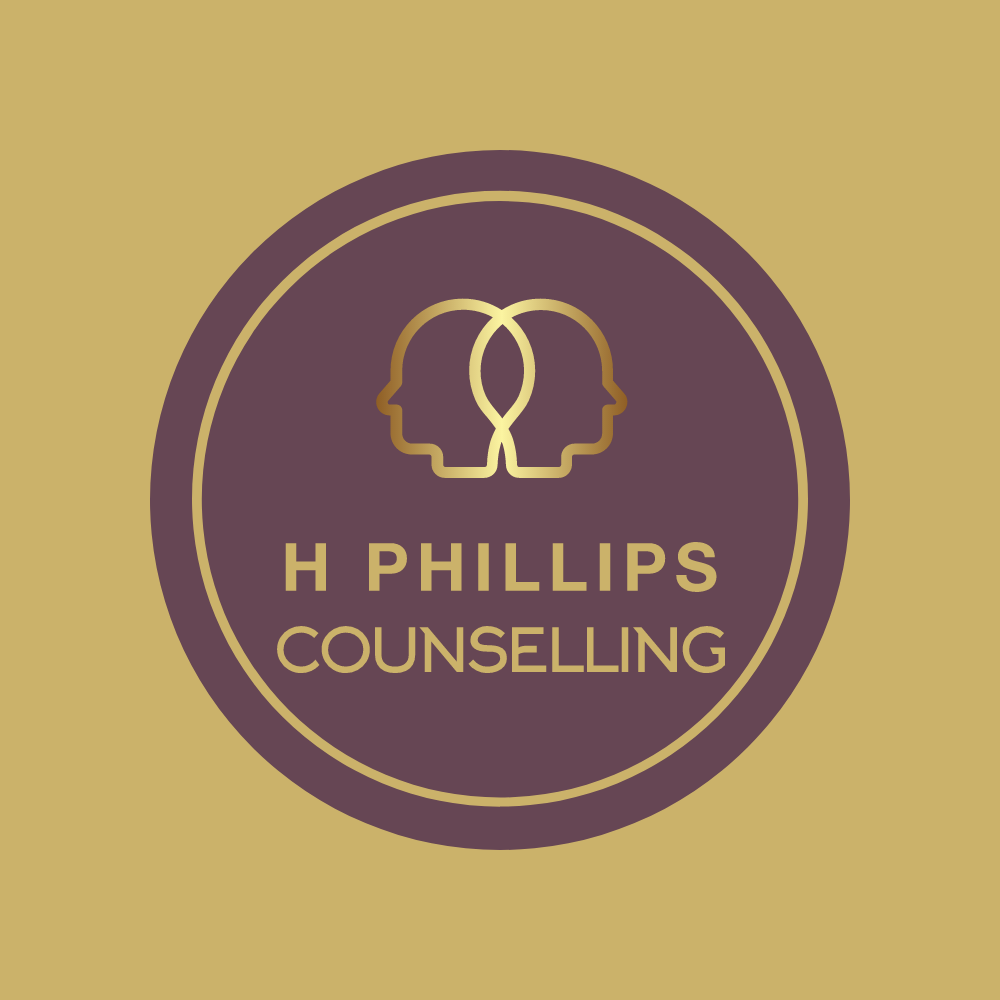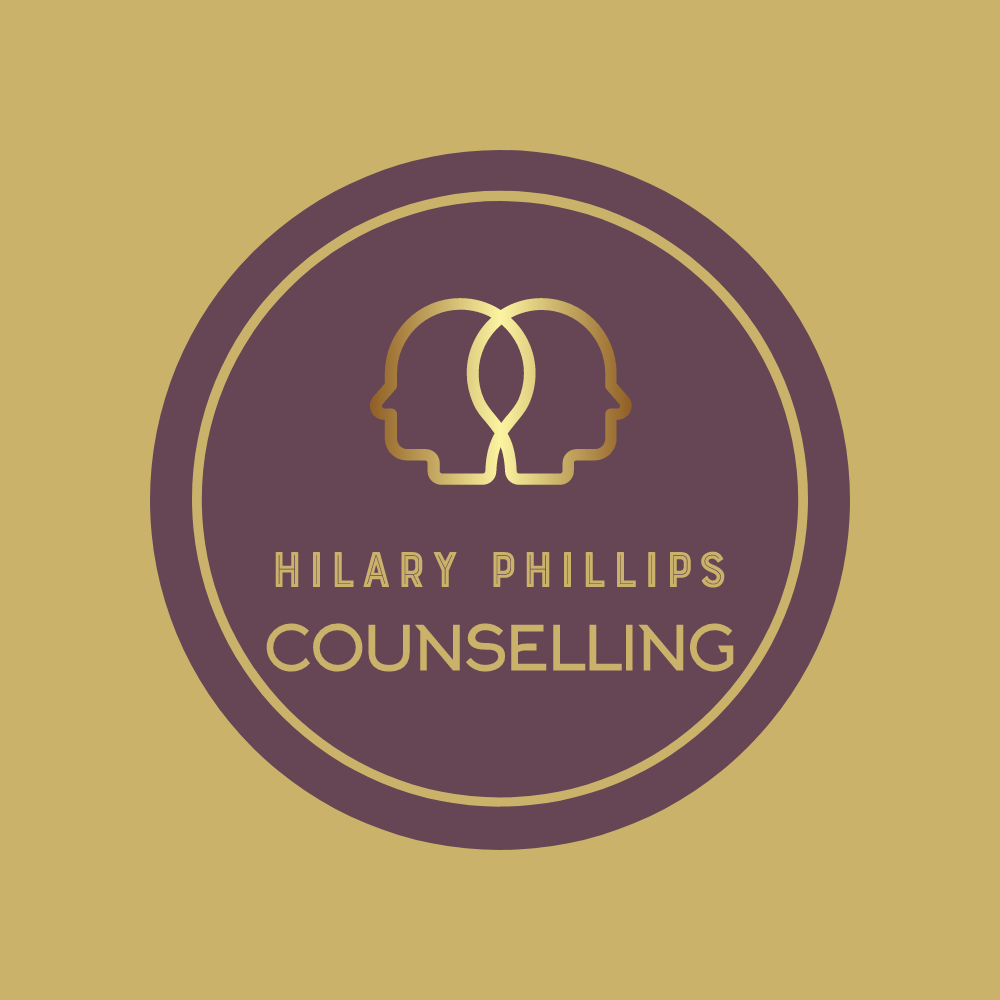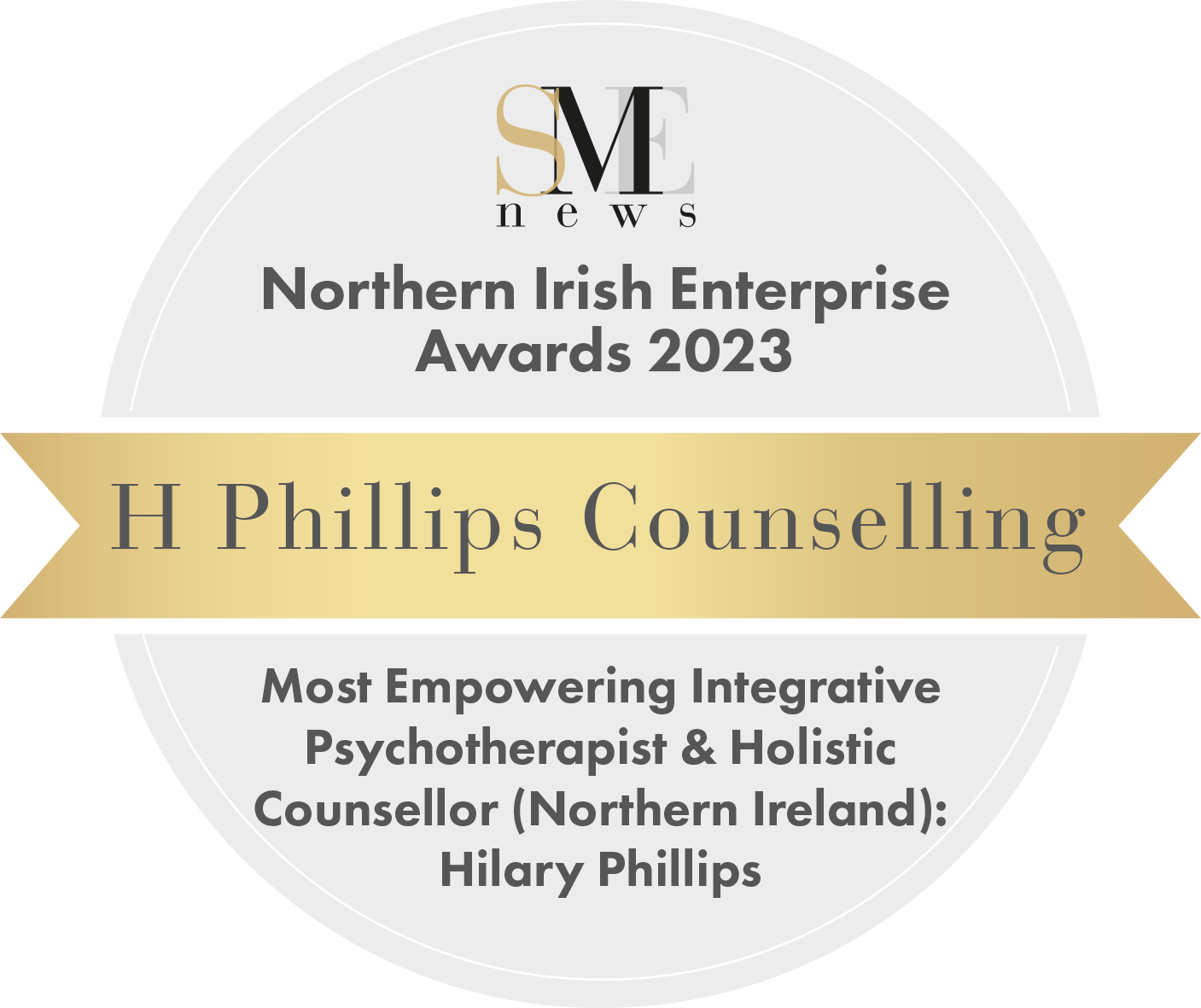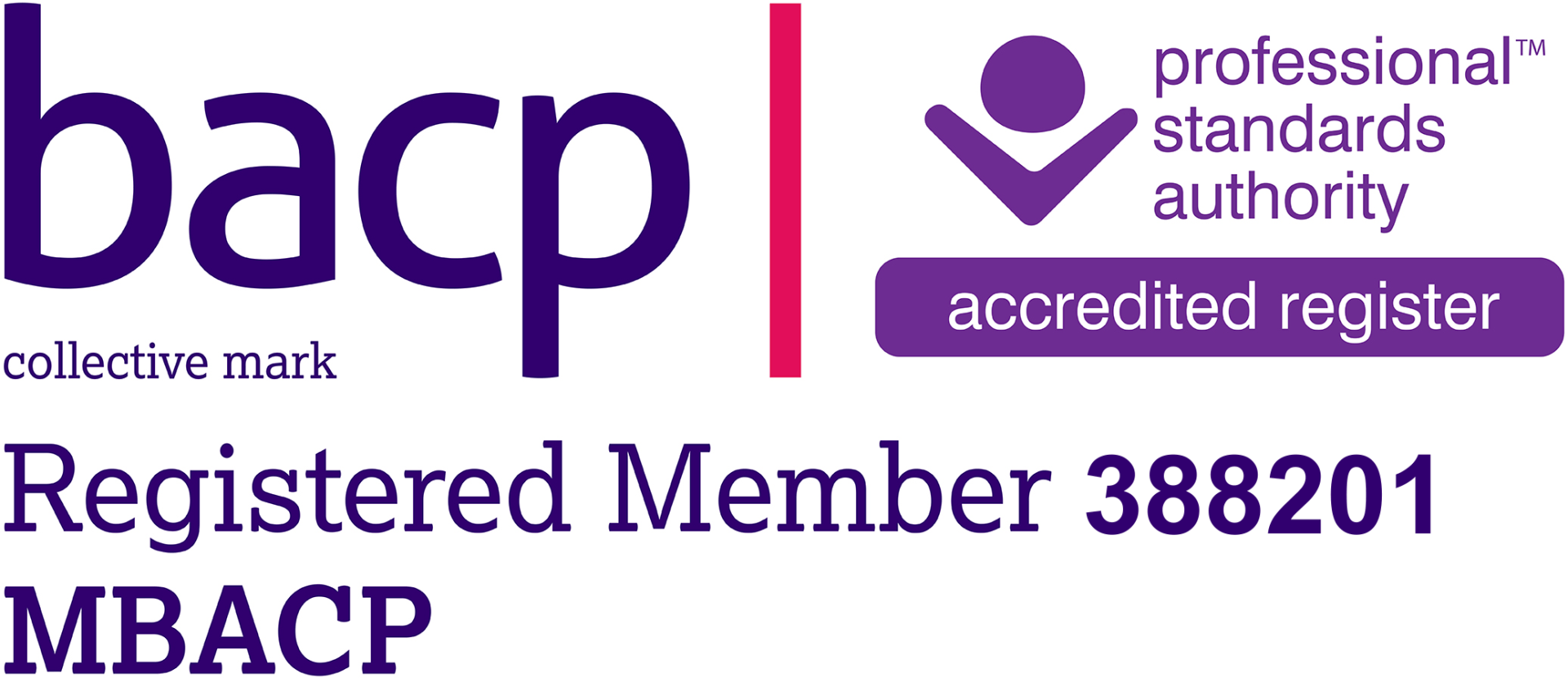Common Counselling Issues
Anger
Anger is an intense emotion you feel when something has gone wrong or someone has wronged you.
It is typically characterized by feelings of stress, frustration, and irritation.
Everyone feels anger from time to time. It's a perfectly normal response to frustrating or difficult situations.
Cognitive-Behavioral Therapy (CBT) can help.
https://www.mind.org.uk/information-support/types-of-mental-health-problems/anger/managing-anger/
Depression
Depression is a low mood that can last for weeks or months and affects your daily life.
Symptoms of depression include feeling unhappy or hopeless, low self-esteem and finding no pleasure in things you usually enjoy.
Treatment for depression usually involves a combination of lifestyle changes, talking therapies and medicines.
Many things can cause depression such as stressful events, personality, family history and giving birth.
People will experience different depression symptoms and at different intensity levels. Some may even feel suicidal.
It effects about 1 in 6 of us.
https://aware-ni.org/
Bereavement / Loss - Grief
Loss is something that binds us together as human beings, and grief is a part of life that all of us will experience when we suffer loss, whether it takes the form of someone’s death, losing a job, a relationship, hopes, dreams, or other things that you value.
Powerful feelings of grief and loss are so normal and natural that they are typically not given a ‘diagnosis’ like other conditions such as anxiety or depression.
There is no right way to grieve and no ‘quick fix’, but there are ways that you can help yourself to come to terms with your loss.
Grief is also felt physically: you might be struggling to eat or sleep, or might feel sick in your stomach. These feelings may come in waves, and you may be tossed from one to another. All of these feelings are a normal part of grieving. Despite the pain, the process of grieving is an important part of how we come to terms with loss.
https://www.cruse.org.uk/
Grief is the last act of love we have to give to those we loved. Where there is deep grief, there was great love.
Anxiety - Panic Attacks
Anxiety is a feeling of stress, panic or fear that can affect your everyday life physically and psychologically.
A panic attack is a sudden episode of intense fear that triggers severe physical reactions when there is no real danger or apparent cause. Panic attacks can be very frightening. When panic attacks occur they can last 5 minutes to 20 minutes
What to do during a panic attack
1. stay where you are, if possible.
2. breathe slowly and deeply.
3. remind yourself that the attack will pass.
4. focus on positive,and relaxing images.
5. remember it's not life threatening.
https://www.anxietyuk.org.uk
Trauma (Sexual, Physical, Emotional)
Trauma is when we experience very stressful, frightening or distressing events that are difficult to cope with or out of our control. It could be one incident, or an ongoing event that happens over a long period of time. Most of us will experience an event in our lives that could be considered traumatic.
PTSD
Post-traumatic stress disorder (PTSD) is a mental health condition that's triggered by a terrifying event — either experiencing it or witnessing it. Symptoms may include flashbacks, nightmares and severe anxiety, as well as uncontrollable thoughts about the event.
vivid flashbacks (feeling like the trauma is happening right now)
Symptoms
intrusive thoughts or images.
nightmares.
intense distress
reminders of the trauma.
physical sensations such as pain, sweating, nausea or trembling.
Combat veterans, military personel, and people who have experienced or witnessed a physical or sexual assault, abuse, an accident, a disaster, or other serious events.
https://www.ptsduk.org
LGBTQIA+
LGBTQIA+ is an umbrella term for the gay community, which stands for lesbian, gay, bisexual, transgender, queer, intersex, queer/questioning, asexual. Many other terms (such as non-binary and pansexual) that people use to describe their experiences of their gender, sexuality and physiological sex characteristics.
Encountering exactly the same struggles as everyone else, which includes mental health. Also managing the stress of navigating in a world that isn't fully accepting of people who are not heterosexual and cisgendered.
Discrimination is a huge factor faced by the LGBTQIA+ community.
lgbt.foundation and many others offer support.
Work Related Issues
Work-related problems can affect our physical, emotional and mental health. Common issues include job dissatisfaction, workplace injury, stress, discrimination and bullying, violence, accidental death and retirement.
Speak out, ask for help.
Speak to your HR department or union rep.
https://www.acas.org.uk/
Addictions
Addiction is defined as not having control over doing, taking or using something to the point where it could be harmful to you.
Addiction is most commonly associated with gambling, drugs, alcohol and smoking, but it's possible to be addicted to just about anything, including: work, internet/phone, sex, shopping, solvents.
Addictions affect the way you feel, both physically and mentally. These feelings can be enjoyable and create a powerful urge to use the substances again.
There is help for drug, alcholol, gambling and many other addictions.
It's never too late.
Abuse
Abuse is defined as any action that intentionally harms or injures another person.
In short, someone who purposefully harms another in any way is committing abuse. There are many kinds of abuse encountered by adults, including:
physical abuse
psychological abuse
rape
sexual assault
verbal abuse
elder abuse
financial abuse
spiritual abuse
emotional abuse
Abuse is most commonly committed by a person the victim knows or lives with.
When one partner abuses another, it’s known as intimate partner abuse. Abuse within families is often known as domestic abuse or domestic violence
Almost one-in-three adult women and more than one-in-five adult men report having experienced physical, sexual or psychological intimate partner abuse in their lifetime
https://www.victimsupport.org.uk/
Suicide Ideation
Suicidal thoughts or suicidal ideation means you are thinking about or planning suicide.
These thoughts can range from a detailed plan to a fleeting consideration.
You may have heard suicidal ideation referred to as “suicidal thoughts.” Not everyone with suicidal ideation acts on it. But if you or a loved one has it, you should get help right away.
Thoughts of suicide can affect anyone at any time.
People might think about suicide for different reasons. Often there isn’t one main reason why someone is thinking about taking their life, it can be a result of problems building up to the point where they feel unable to cope and see suicide as the only option to escape from what they are experiencing.
Call 999 immediately.
Samaritans 116 123 . 24 hour helpline
Mental Health Crisis Team.
Relationship Issues
Even the best of relationships run into problems sometimes. You’re both tired from work, or the kids are in trouble at school, or your in-laws are getting on your last nerve…you know how it goes.
Life throws all kinds of challenges at a relationship, from relocation to redundancy to illness. No wonder problems arise in even the strongest relationships.
To keep a relationship running smoothly, it is important to solve marriage problems before they snowball into bigger relationship problems.
Lack of communication
Unclear expections
Trust
Infidelity
Different sexual needs
Boredom
Distance within the relationship
These are all common problems. There is nothing to great that can't be overcome if you both want it.
relateni.org
Low self esteem and lack of confidence
Low self-esteem and lack of confidence refers to a person having an overall poor sense of self-value. It essentially means having a poor opinion of yourself. Low self-esteem and lack of confidence can encompass a range of factors, such as your sense of identity, self-confidence, feelings of competence, and feelings of belonging.
Having low self-esteem means that you often think negatively about yourself, judge yourself badly, and lack confidence in your abilities.
they may have an unbalanced view of themselves and feel doubtful of their abilities or what they have to offer.
Low self-esteem and a lack of confidence can negatively affect people’s relationships, work, or studies. Without interventions, it may also have a negative impact on their mental and physical health.
Practice self care
Reframe your thoughts
CBT is a helpful therapy for this.
Self Harm
Self-harm is hurting yourself on purpose. People may self-injure for many reasons. For some, it might feel like relief, like taking the lid off a pressure cooker. Others might self-harm because physical pain might remind them that they’re alive. But self-harm can sometimes be more severe than intended.
Also known as nonsuicidal self-injury disorder, people who self-harm do things to hurt themselves but don’t want to cause death.
It is important to know how to do it safely and to treat the injured area to prevent infections or scarring.
Self harming is not a mental illness but more of a controlling behaviour.
Help is available.
Try the TIPP technique
T - Temperature
Try changing your body temperature by splashing your face with water or holding an ice cube.
I - Intense exercise
Try sprinting, cycling or doing a workout.
P - Paced breathing
Breathe in for six seconds, hold for seven, breathe out for eight, hold for four, and then start again.
P – Progressive muscle relaxation
Tense and relax your muscles in pairs, i.e. start with both your arms, then your legs etc.
Talk to Samaritans 116 123
Bullying
Bullying is when people repeatedly and intentionally use words or actions against someone or a group of people to cause distress and risk to their wellbeing.
Bullying is unwanted, aggressive behavior that involves a real or perceived power imbalance. The behavior is repeated, or has the potential to be repeated, over time. Anyone who has been bullied and who bully others may have serious, lasting problems.
Bullying includes actions such as making threats, spreading rumors, attacking someone physically or verbally, and excluding someone from a group on purpose.
Anti Bullying Helpline
Helpline: 0300 323 0169
Telephone: 0845 225 5787
We are open from 9am to 5pm Monday to Friday
Family Related Issues
Families, we love them or hate them. Regardless, we have all got them.
Family issues are when conflict between or related to family members becomes especially intense or frequent, to the point that it interrupts your day-to-day life. Some degree of conflict within families is normal (and even, to a point, healthy) and the family dynamic for each person may be different.
No family is perfect. The main thing with any family issue is that it creates stress and tension within the family, which in turn negatively affects the members of that family, particularly if there are young children involved.
Family problems cause negative emotions such as anxiety, sadness and anger. Family members may also feel isolated, confused, exhausted and stressed.
Accepting personal differences, talking, having fun together and getting professional help are effective strategies through which many family problems are solved.
Personal Development / Life Skills
Personal development is a lifelong process. It is a way for people to assess their skills and qualities, consider their aims in life and set goals in order to realise and maximise their potential.
This page helps you to identify the skills you need to set life goals which can enhance your employability prospects, raise your confidence, and lead to a more fulfilling, higher quality life. Plan to make relevant, positive and effective life choices and decisions for your future to enable personal empowerment.
There are no definitive list of life skills. Perhaps the most important of them all is the willingness to learn.
By learning new skills, we increase our understanding of the world around us and equip ourselves with the tools we need to live a more productive and fulfilling life, finding ways to cope with the challenges that life, inevitably, throws at us.
Oncology / Cancer
Oncology is the branch of medicine that focuses on the diagnosis, treatment and research of cancer. This includes medical or paediatric oncology, radiation oncology, haematological oncology and surgical oncology.
Receiving a cancer diagnosis can be life-altering and overwhelming. There are over 100 different types of cancer. Talking about cancer and accepting you have it can be very difficult. You may feel frightened, angry, guilty or lonely. That's ok. The person supporting you may also have these feelings.
Cancer is not the end. Many people go on to lead healthy lives after their diagnosis and treatment.
Early detection is key.
If you have cancer, or know of someone who had cancer. There is help available.
Macmillan.org.uk
Cancerfocusni.org
Cancersupportuk.org
There are many others to support you and your family with emotional, financial and practical support and information.
Death Anxiety
Death anxiety or Thanatophobia is an intense fear of death or the dying process.
While it's natural to feel anxious about death from time to time, thanatophobia is an anxiety disorder that can disrupt every aspect of your life.
Don't be afraid to talk to a healthcare provider about your fears and anxieties.
Particular triggers for thanatophobia could include an early traumatic event related to almost dying or the death of a loved one. A person who has a severe illness may experience thanatophobia because they are anxious about dying, though ill health is not necessary for a person to experience this anxiety.
Death anxiety can fade as you get older, the symtoms of the anxiety become easier to manage.
CBT is a popular form of talking therapy. Unlike some other therapies, it is often quite structured and can be tailored specifically to a particular subject, in this case anxiety, death or dying.
There is help available, talk to a therapist.
OCD
Obsessive-compulsive disorder (OCD) features a pattern of unwanted thoughts and fears known as obsessions. These obsessions lead you to do repetitive behaviors, also called compulsions. These obsessions and compulsions get in the way of daily activities and cause a lot of distress.
Obsessive-compulsive disorder can includes both obsessions and compulsions. Symptoms generally get worse when you are under greater stress.
The more you understand OCD and how CBT works the better your chances of managing and overcoming it
While there is no cure for the disorder, the most effective, evidence-based treatment for OCD is Cognitive Behavior Therapy (CBT).
www.beyondocd.org
Body Dysmorphia
Body dysmorphic disorder (BDD), or body dysmorphia, is a mental health condition where a person spends a lot of time worrying about flaws in their appearance. These flaws are often unnoticeable to others.
The term Body Dysmorphic Disorder (BDD) describes a disabling preoccupation with the person beleiving they have flaws in their appearance. It can affect all genders, and makes sufferers excessively self-conscious.
Sufferers tend repeatedly to check how bad their flaw is (for example in mirrors and reflective surfaces), attempt to camouflage or alter the perceived defect and avoid public or social situations or triggers that increase distress.
They may at times isolate themselves or have needless cosmetic and dermatological treatments. There is no doubt that the symptoms cause significant distress and there is an increased risk of attempted suicide with the challenges faced by this disorder.
The face is a large part of BDD as this is what is mainly on view. Other body parts are also the focus but the face is the biggest challenge to overcome.
BDD can seriously affect a person's daily life, including work, education, social life and relationships. As a result, social anxiety, isolation and depression are very common in BDD.
https://ocdaction.org.uk/
Eating Disorders
An eating disorder is a mental illness. You will use food to try to manage your feelings. If you have an eating disorder you will have an unhealthy relationship with food. T
Eating disorders can affect people of all ages, and backgrounds, body weights, and genders. Although eating disorders often appear during the teen years or young adulthood, they may also develop during childhood or later in life.
Common eating disorders include anorexia nervosa, bulimia nervosa, binge-eating disorder, and avoidant restrictive food intake disorder.
Eating disorders are not a choice. These disorders can affect a person’s physical and mental health.
Eating disorders aren’t just about food. They can be about difficult or painful feelings which you are finding hard to face. Focusing on food can be a way of masking these problems, even from yourself. You can control what you eat but you can't control the issues that are impacting you.
https://yippy.green/profile/talk-ed
Borderline Personality Disorder (BPD)
Borderline personality disorder is a condition that affects how you think, feel and interact with other people.
People with borderline personality disorder may experience intense mood swings and feel uncertainty about how they see themselves. Their feelings for others can change quickly, and swing from extreme closeness to extreme dislike. These changing feelings can lead to unstable relationships and emotional pain.
People with BPD are often on edge. They have high distress and anger levels, so they may be easily offended. They struggle with beliefs and thoughts about themselves and others, which can cause distress in many areas of their lives. People living with BPD often have an intense fear of instability and abandonment.
The cause of borderline personality disorder is unclear. It's been linked to traumatic events during childhood, such as neglect or abuse.
https://borderlinesupport.org.uk/
Phobia
A phobia is a common type of anxiety disorder. It can affect anyone. Most people are fully aware of their phobias.
A phobia is an exaggerated and irrational fear. It can be an overwhelming and debilitating fear of an object, place, situation, feeling or animal.
Phobias are more pronounced than fears.
When a phobia becomes severe, a person may organise their life around avoiding the thing that's causing them anxiety. As well as restricting their day-to-day life, it can also cause a lot of distress.
Phobias do not seem to have a single cause, but there are a number of associated factors.
Phobias can be successfully overcome.
Loneliness/Isolation
Loneliness is the distressing feeling of being alone or separated. You don’t have to be on your own to feel lonely - you might feel lonely in a relationship or while spending time with friends or family, on social media, in a city or after a loss or traumatic event.
You can feel lonely if you feel like you are not being acknowledged or understood by those around you.
You can feel lonely when the relationships if your life is lacking in emotional depth, if you’ve grown apart from someone or if communication has broken down.
You might feel lonely when you're by yourself. Other people might choose to be alone and live happily without much social contact.
Lonliness and isolation spans all age groups.
Most of us will experience loneliness at some point in our lives, regardless of age, circumstance and background. We all experience loneliness differently.
Many people are both lonely and isolated. The longer we feel lonely the more we start to isolate ourselves.
Loneliness is a normal human emotion. Left unchecked, chronic or long-term loneliness can lead to mental health conditions like anxiety or depression.
https://www.helpguide.org/articles/relationships-communication/loneliness-and-social-isolation.htm
Stress
Stress is our body's response to pressure. Many different situations or life events can cause stress. It is often triggered when we experience something new or unexpected that threatens our sense of self or when we feel we have little control over a situation.
We all deal with stress differently. Our ability to cope can depend on our genetics, early life events, personality and social and economic circumstances.
Many things can lead to stress: bereavement, divorce or separation, losing a job or unexpected money problems. Work-related stress can also have a negative impact on your mental health.
Even positive life changes, such as moving to a bigger house, gaining a job promotion or going on holiday, can be sources of stress.
Almost anything that affects your daily life, work or relationships can cause stress. Even seemingly small issues can cause stress if they go on for a long time.
Some people are more affected by stress than others. It can depend on factors such as your personality, upbringing, your work and home life.
Talking with a trained professional could help you find ways to deal with stress.
Step-Parent/Foster parent
 Button
ButtonThe role of being a stepparent is not to replace the biological parent but to be a care giver in their absence, along with the support of the birth parent.
Blended families are more common than they once were.
It gives you the chance to play a central role in a child's life by creating a healthy relationship.
This can also be a challenging role.
Looking after a child who may be resentful of the new relationship with their parent, or the absent parent being resentful of you.
Often you end up on the outside which can be isolating as a step-parent, you may not be heard, and you may be unsure as to what your role actually is.
You may have different ideas about raising children.
It can also be a fulfilling relationship. Use your qualities and experiences to create your own relationship.
A foster parent on the other hand is a care giver to children who often have experienced trauma or neglect. They may have been taken from their homes and suffereing from a great deal of stress and anxiety. Many have had various forms of abuse. To look after these children has it's own set of challenges and fears.
If you are a step-parent or foster parent don't be afraid to reach out and talk. You have a voice and your challenges and fears are real.
These are very difficult roles to manage.
Psychological Debriefing
Following a traumatic event, some people undergo a process called psychological debriefing.
This therapeutic approach is widely used with first responders and military personnel exposed to traumatic events as a part of their jobs.
Psychological therapy is used for crisis intervention to support people who have experienced trauma. It is generally delivered in group sessions, but therapists also use this approach with individual clients to help prevent the development of PTSD. The timing of the therapy is also important.
Psychological debriefing is a structured discussion that helps people process and recover after a traumatic event ,that may occur in the workplace or corporate setting.
By providing emotional and psychological support immediately following a traumatic event; the goal of psychological debriefing is to prevent the development of post-traumatic stress disorder and other negative outcomes.
A debrief is NOT a counselling session, but more about allowing space for the indivicual to share the thoughts and feelings that are impacting them from the incident.
An incident could be sudden death in the workplace, a workplace accident or trauma that has happened that you are unable to process in the moment.
New Paragraph
New Paragraph
Website design by HilzPhilz 2021









